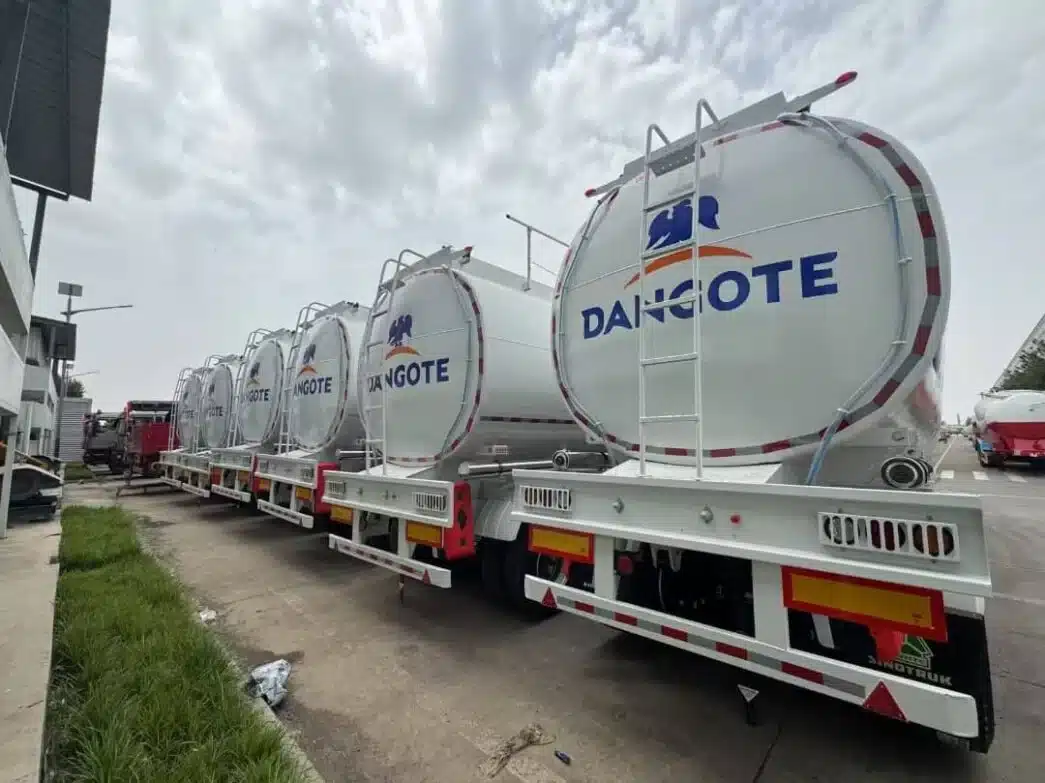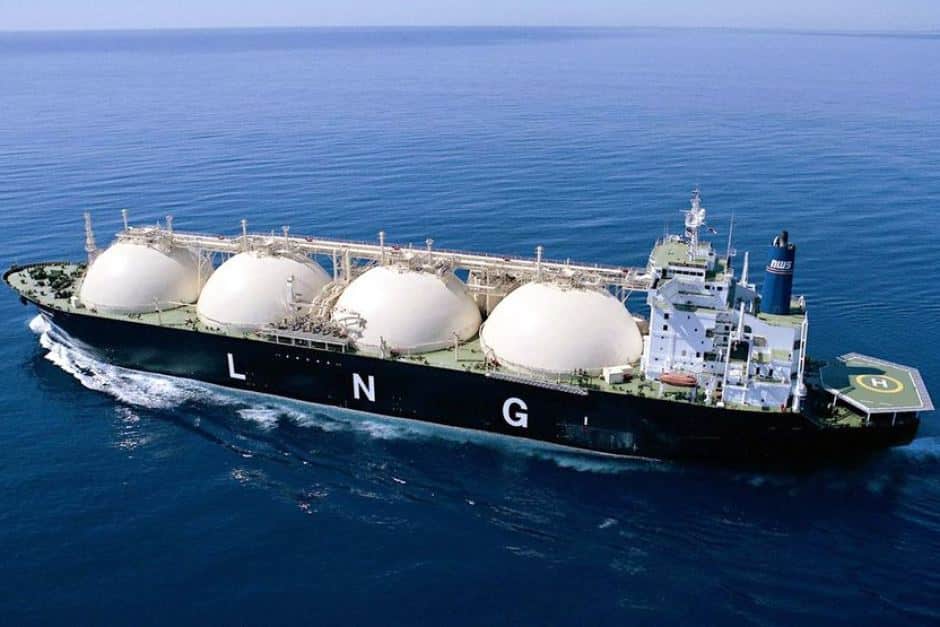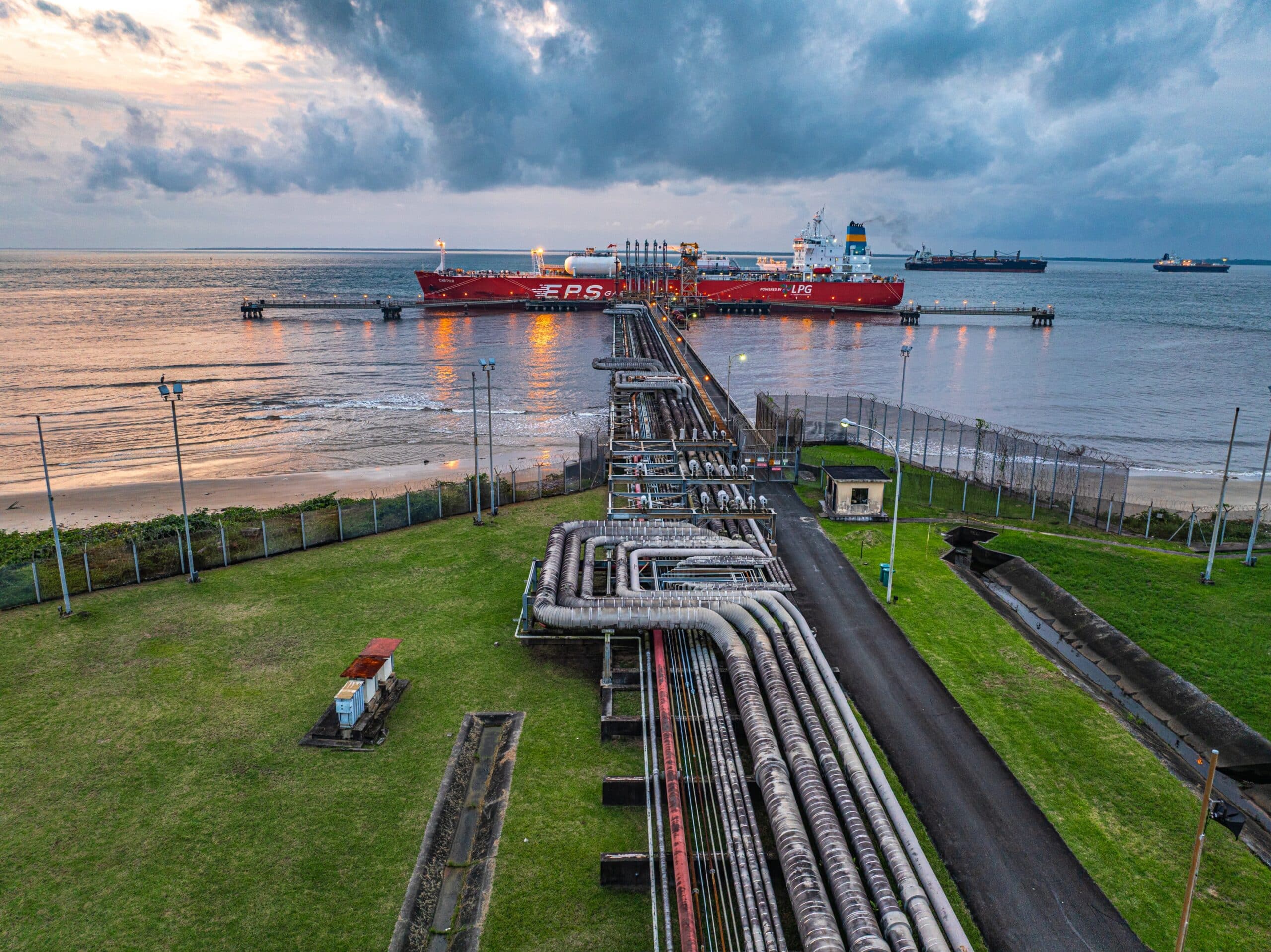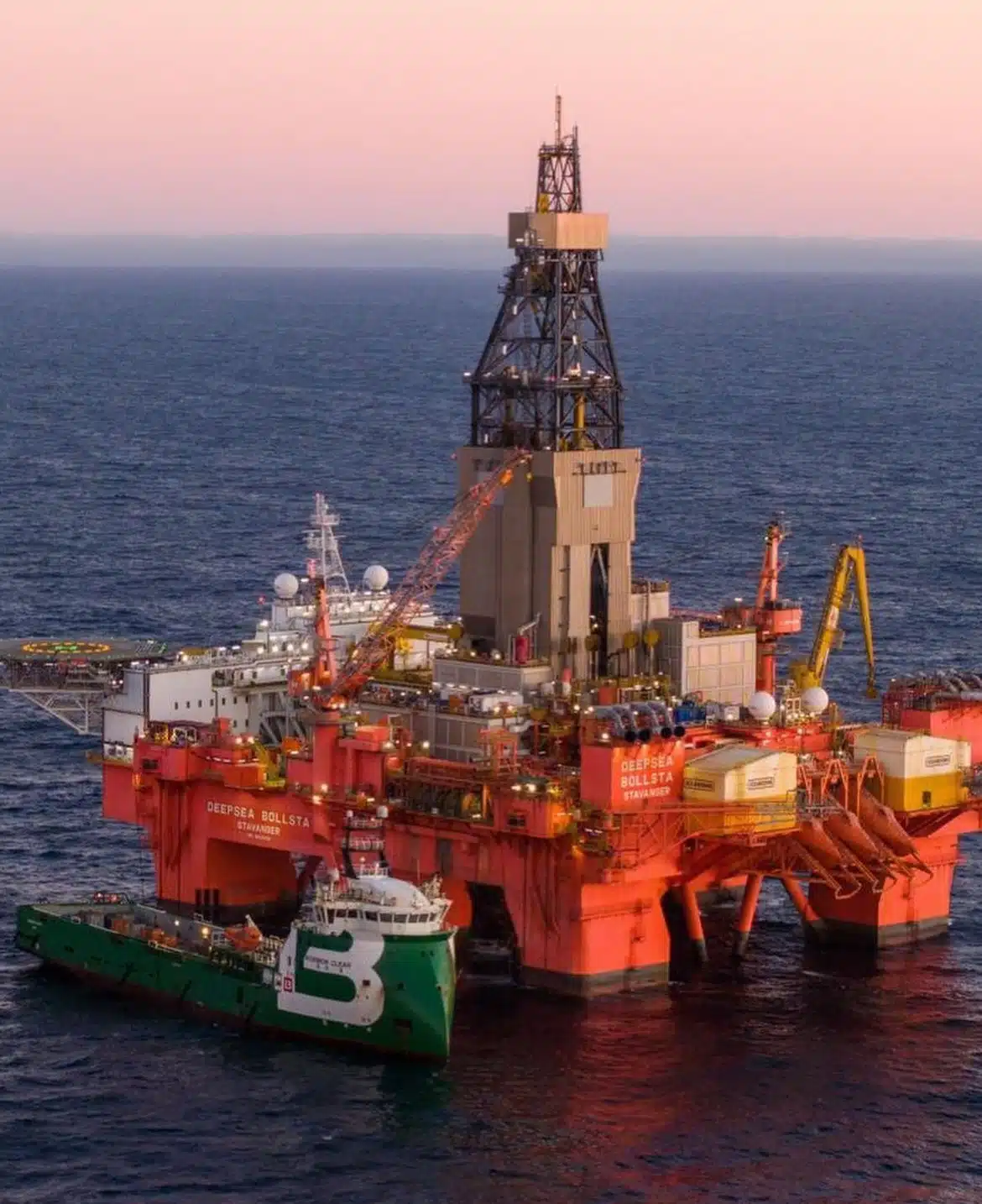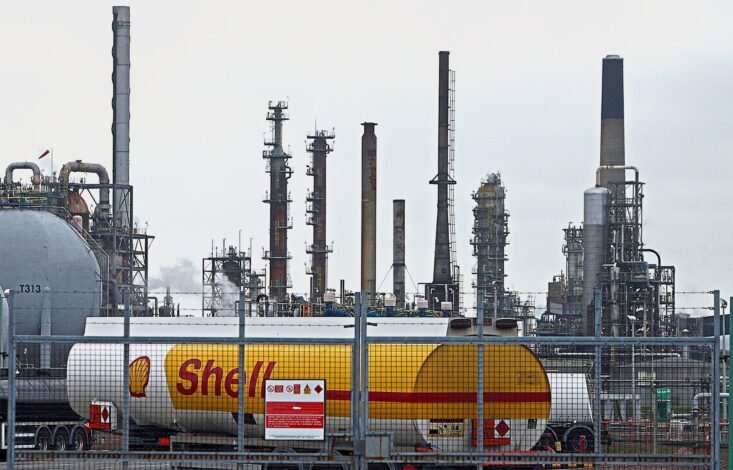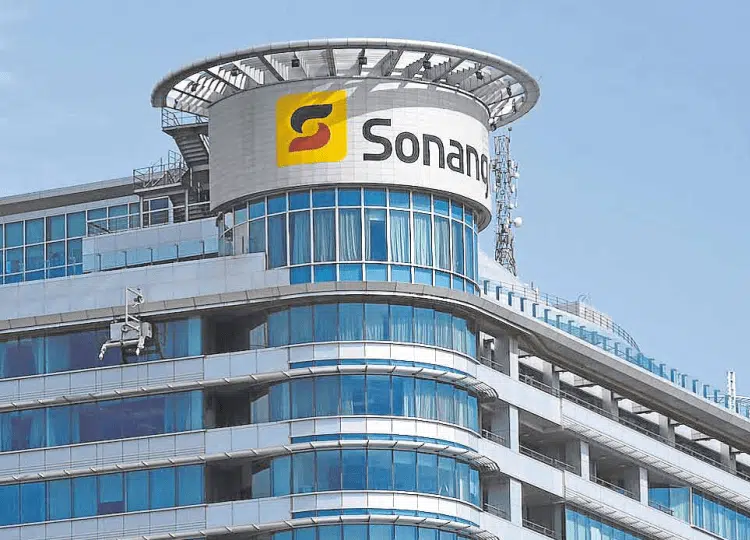One month after missing its initial launch date, Dangote Refinery and Petrochemicals Limited is finally set to roll out its much-anticipated direct distribution of fuel products to offtakers across Nigeria.
According to The Punch, the refinery will on Monday commence the first phase of the scheme with over 1,000 Compressed Natural Gas-powered trucks, just hours after slashing the gantry price of petrol.
In response, the Independent Petroleum Marketers Association of Nigeria (IPMAN) has directed members who have not yet registered with the refinery to do so immediately.
In a memo to zonal and depot chairmen, the union confirmed its readiness to receive Dangote trucks at filling stations nationwide.
The first phase of deliveries will cover Abuja, Delta, Edo, Rivers, Lagos, and other parts of the southwest, before expanding nationwide as more trucks arrive from China
The scheme, first announced in June 2025, involves a $470 million free direct fuel distribution plan targeting filling stations, manufacturers, airlines, and telecom firms.
To support this, around 4,000 CNG trucks were procured from China through the support of Tetracore Energy.
With up to N45 per litre waived in logistics costs, offtakers need only order a minimum of 500,000 litres of petrol or diesel to qualify for delivery.
Under the scheme, Dangote has also promised buyers a 50% bank-backed credit facility with up to two weeks’ repayment window.
“This is the catch in the integrated supply chain model,” Jide Pratt, country manager at TradeGrid, told Energy in Africa.
Why trucks and not waterways?
The initial plan had been to use the Single Point Mooring (SPM) system, where loading buoys would transfer products from tankers at sea to the domestic market.
However, Dangote later abandoned the idea after cost assessments showed it was unsustainable.
“If the Dangote Refinery were to load 40 million litres of PMS and 15 million litres of AGO (diesel) via the Single Point Mooring (SPM) at an extra cost of N75 per litre in handling charges, it would amount to approximately N1.5 trillion annually in avoidable charges,” the company said.
“By contrast, utilising gantry loading and direct trucking would eliminate these costs entirely, resulting in substantial savings that could be redirected towards critical infrastructure investments.”
Explaining further, Aliko Dangote told a visiting delegation from the AfricaRice Centre in Lagos that the choice of direct trucking was not only strategic but also a “national imperative” to reduce dependence on third-party carriers.
Delays and pushback from marketers
Despite its ambitious outlook, the scheme has not been without controversy.
Its initial rollout was delayed due to logistics bottlenecks in China, with fewer than 1,000 trucks arriving in Nigeria by August 18.
Petroleum marketers have also resisted the plan, arguing that the logistics cost differential is central to their profit margins.
The Petroleum Products Retail Outlet Owners Association of Nigeria (PETROAN) warned that the plan could put thousands of its members out of business.
“This unprecedented scale of distribution, if left unchecked, could significantly undermine the independence and survival of thousands of small and medium-scale operators across the country,” said Tekena Ikpaki, PETROAN’s Rivers State chapter chairman.
The Depot and Petroleum Products Marketers Association of Nigeria (DAPPMAN) accused the refinery of “offering lower prices to international buyers while quoting higher rates to local off-takers.”
It further claimed that Dangote’s free delivery model was an “unpatriotic ploy” to bypass marketers and monopolize Nigeria’s downstream sector.
Meanwhile, NUPENG last week accused the refinery of “crude and dangerous anti-union practices, monopolistic agenda, and indecent industrial relations strategies.”
The union described these practices as a “full-blown declaration of war against the Nigerian working class, trade unionism, and the principle of decent work.”

